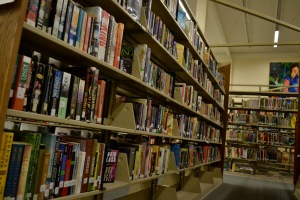Do You Read Me?
As the foundation for most core, academic learning, literacy consumes much of the focus in discussions of education practices and policies. If we could harness the energy generated by advocacy and dissent, we could power small towns by staging debates on reading instruction and book lists.
I recently read Dan Willingham’s guest post at The Answer Sheet, questioning whether or not we might be killing the joy of reading, (and maybe even the point of reading?), by trying to teach students to approach reading with a set of strategies to help them make sense of their reading. The strategies in question are often formalized versions of what happens more organically for many successful and effective readers. Willingham is in good company raising the question of whether academic instruction can be guilty of Readicide.
For a short period of time some years back, I taught a reading course at my high school, in addition to my duties
I recently read Dan Willingham’s guest post at The Answer Sheet, questioning whether or not we might be killing the joy of reading, (and maybe even the point of reading?), by trying to teach students to approach reading with a set of strategies to help them make sense of their reading. The strategies in question are often formalized versions of what happens more organically for many successful and effective readers. Willingham is in good company raising the question of whether academic instruction can be guilty of Readicide.
For a short period of time some years back, I taught a reading course at my high school, in addition to my duties

